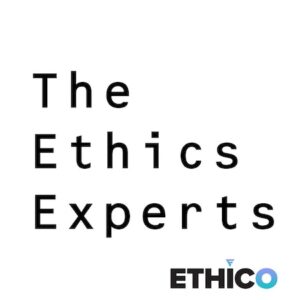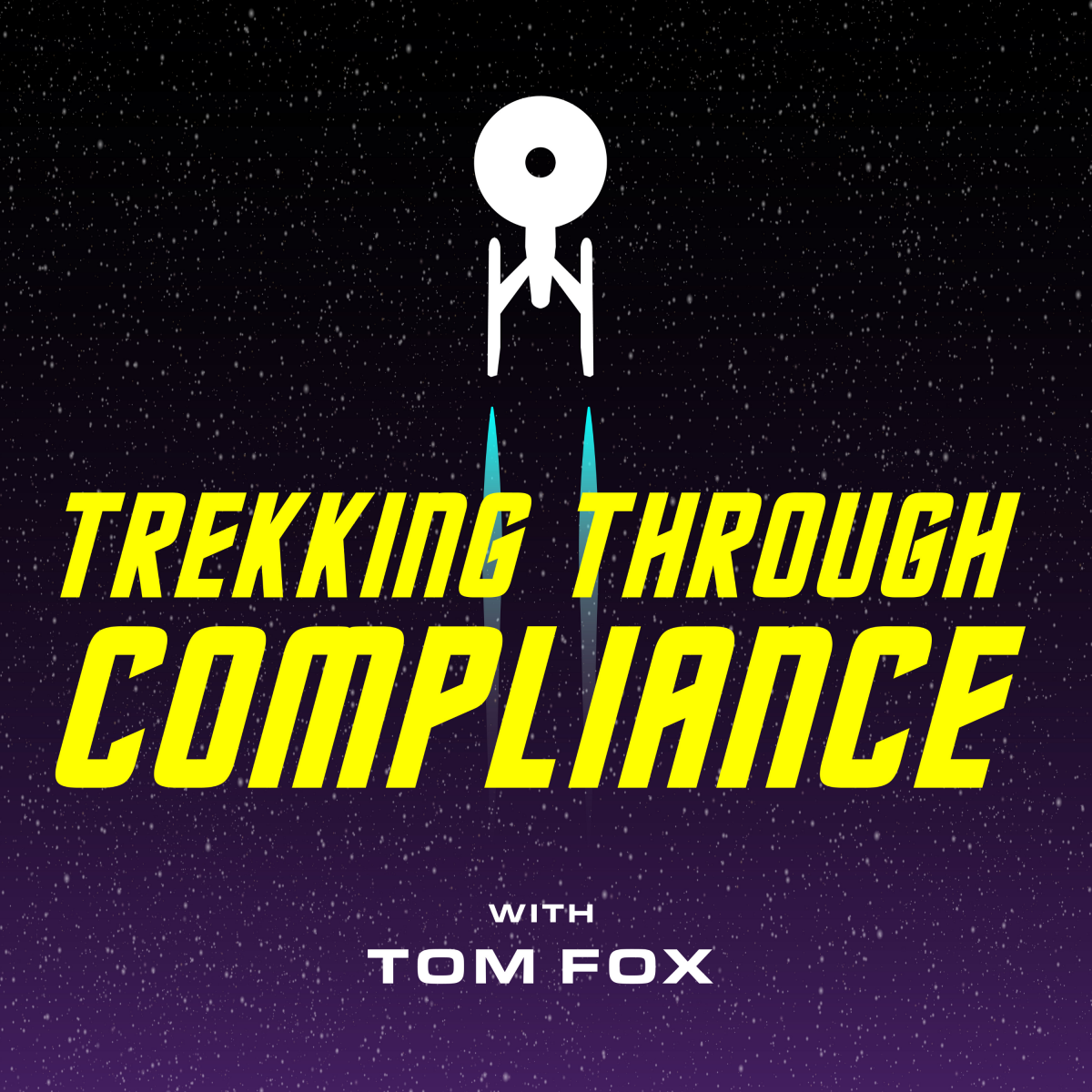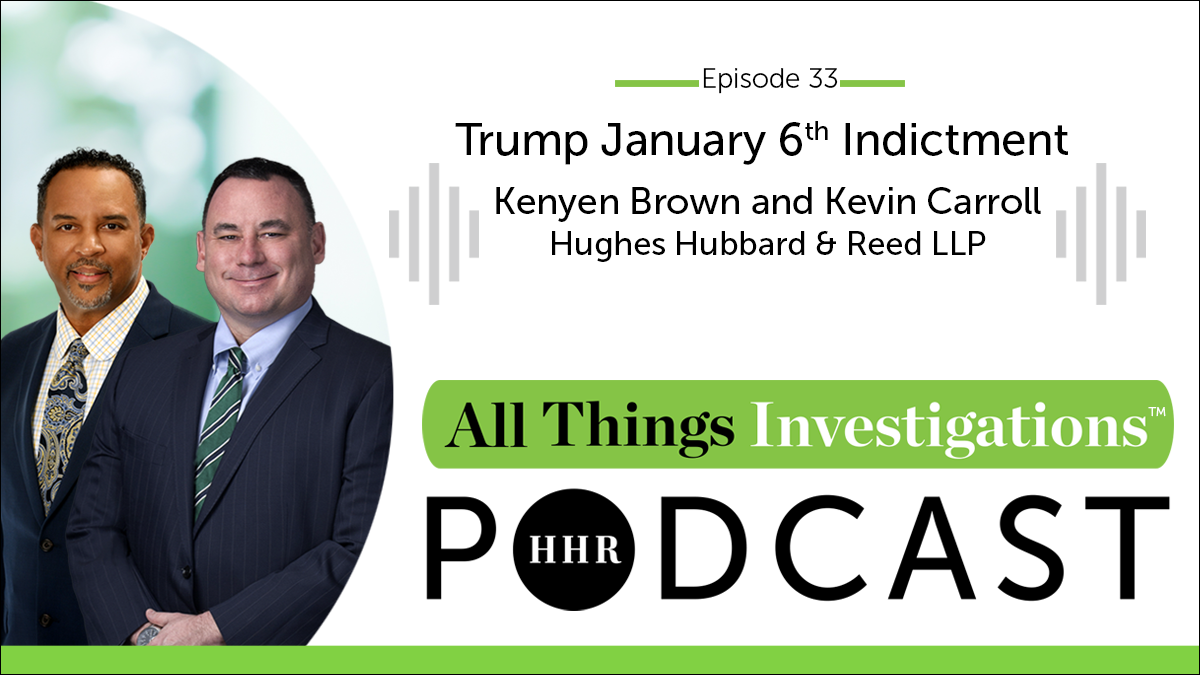In today’s business landscape, fostering a culture of ethics and compliance is more crucial than ever. It not only ensures legal adherence but also promotes trust, integrity, and long-term success. One powerful tool in achieving this cultural shift is the strategic use of incentives. In this blog post, we will explore the significance of incentivizing ethical behavior within organizations, the role of human resources (HR) in designing effective incentive structures, and how data-driven insights can drive a culture of compliance and integrity.
The Department of Justice’s 2023 ECCP underscored the importance of incentives and rewards in promoting ethical conduct. It asks companies to consider the implications of their incentives and rewards on compliance and ethical behavior. Furthermore, it encourages organizations to provide specific examples of actions taken, such as promotions or awards denied, due to compliance and ethical considerations. This guidance highlights the significance of incentives in driving a culture of ethics and compliance.
When it comes to incentivizing ethics and compliance, the first thought that often comes to mind is financial rewards. While these can indeed send a strong message about the importance of compliance, it’s important to recognize that incentives go beyond monetary compensation alone. In fact, non-financial incentives can be equally effective in driving ethical behavior.
One powerful non-financial incentive is public recognition of ethical behavior. Acknowledging employees who consistently exhibit integrity and compliance can be a powerful motivator for others to follow suit. Whether it’s a simple pat on the back, an ethical award, or a t-shirt identifying an employee as engaging in ethical behavior, these gestures can go a long way in reinforcing the importance of doing business the right way.
To truly embed a culture of ethics and compliance within an organization, incentives should be integrated into the hiring and promotion process. HR plays a pivotal role in this aspect, ensuring that compliance evaluations and rewards are part of an employee’s discretionary bonus. By making compliance performance a key factor in promotion decisions, companies can send a clear message that ethical behavior is valued and rewarded.
Human resources professionals are experienced in implementing incentives and can effectively measure and incentivize behavior. By leveraging data-driven insights, HR can identify key metrics to evaluate compliance performance and align incentives accordingly. This approach ensures that the right type of behavior is driven throughout the organization, reinforcing a culture of compliance and integrity.
From these general guidelines, I have developed six key principles for developing and delivering incentives into your compliance regime.
The Power of Supporting Systems. Compliance incentives alone may not be sufficient to drive desired behavior. To make these incentives stick, it’s crucial to establish a compliance support system that operationalizes pro-compliance incentives at different levels within the organization. These systems reinforce the importance of compliance and make it visible to employees, ensuring consistent commitment throughout the company.
Incentives Must Be for All. Compliance incentives to be implemented at all levels of the company, from senior management to lower-level employees. It’s essential to recognize that compliance professionals and internal audit staff play a vital role in promoting compliance within the organization. By acknowledging their efforts and providing tangible incentives, companies can highlight the significance of compliance and make it an integral part of the company’s DNA.
Global Consistency. In addition to fairness in your incentive program, compliance incentives should be consistent for employees both within and outside of the United States. Global enforcement of the compliance program not only ensures fairness but also enhances the credibility of the incentive system. By treating all employees equally, regardless of their location, companies foster a culture of compliance and ethical business practices.
Designed to Endure. Creating your incentive program to endure is crucial to ensure the longevity of compliance incentives, especially during financial downturns. A counterweight acts as an institutional mechanism that enforces a continued focus on nonfinancial goals, such as compliance. It prevents compliance incentives from being discarded when other goals take precedence. By incorporating a counterweight into the incentive system, companies can maintain their commitment to ethical practices, even in challenging times.
Compliance Incentives Alignment. You must align your compliance incentives to work in an oblique manner, rather than following a linear approach. This means integrating compliance goals into employees’ daily tasks and responsibilities, making it a natural part of their work. By consistently emphasizing compliance as part of the company’s DNA, organizations can foster a culture where ethical practices are valued and rewarded.
Support Systems. Support systems are critically important for the success of compliance incentives. These systems should be in place even during downturns or cutbacks to support compliance and ethical business practices. They should reinforce the importance of compliance and provide employees with tangible incentives to engage in ethical behavior. By documenting compliance actions, companies can also demonstrate their commitment to regulators if necessary.
Incentivizing ethics and compliance is not just a tick-the-box exercise; it is a powerful tool for driving cultural change within organizations. By integrating incentives into the hiring and promotion process, HR professionals can reinforce the importance of ethical behavior. Data-driven insights enable organizations to measure and incentivize compliance effectively. Whether through financial rewards or non-monetary gestures, incentives play a vital role in promoting a culture of ethics and compliance. Let’s embrace the power of incentives and work towards building organizations that prioritize integrity, compliance, and long-term success.
Always remember, compliance incentives do not have to be elaborate or novel; they need to be consistent and aligned with the company’s values. By implementing enduring compliance incentives and creating a counterweight, you can ensure that ethical behavior remains a priority, even in challenging times. Build a culture of compliance and reap the benefits of an ethically driven organization.












